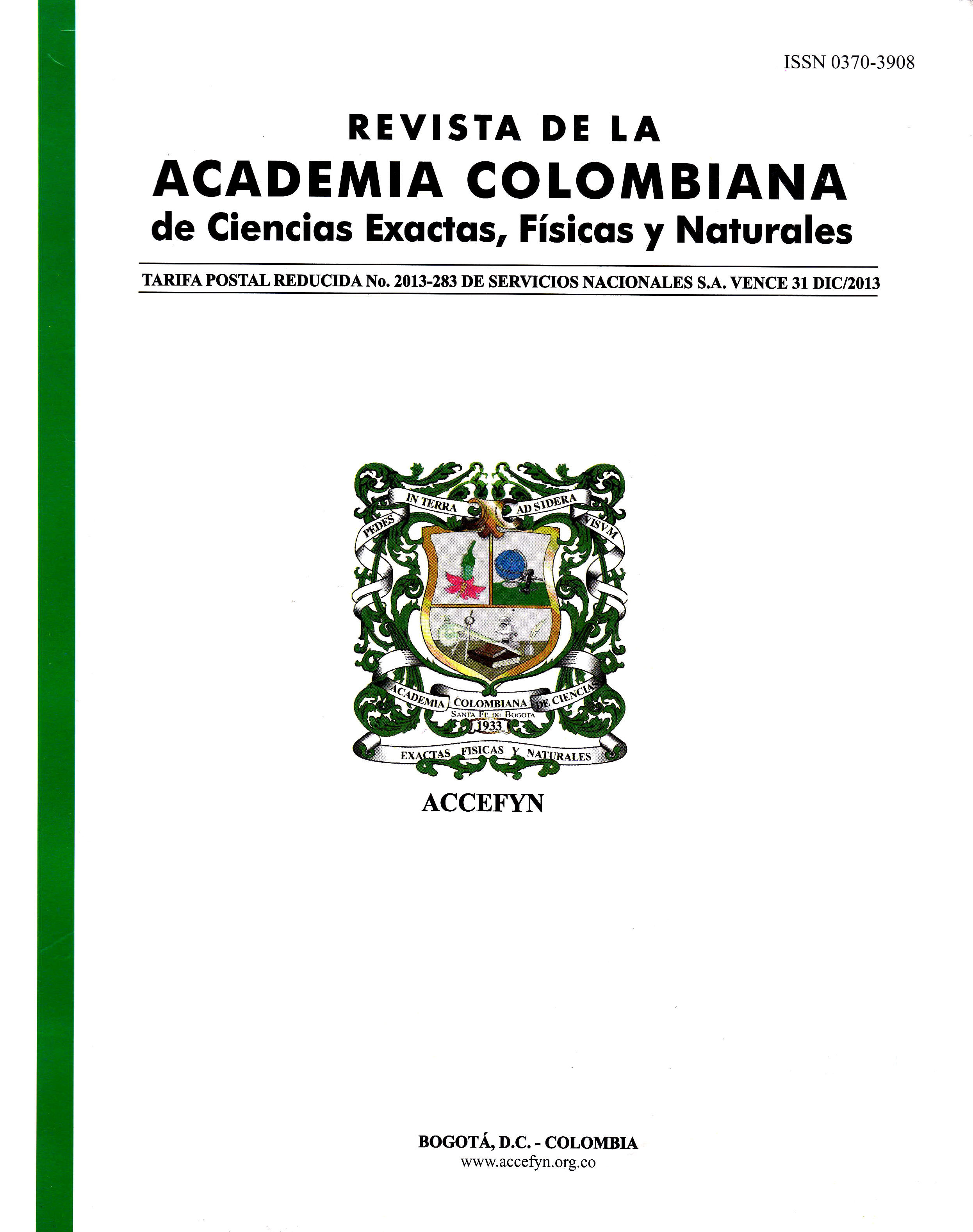Resumen
El estudio de la inteligencia ha interesado a psicólogos, filósofos, educadores y el público en general durante varios siglos. La sociedad humana valora altamente la inteligencia y la considera un factor decisivo para los logros educativos, el éxito en el trabajo y para el desarrollo socioeconómico de los pueblos. Se analiza el concepto de inteligencia y su medición, los tipos de inteligencia, las implicaciones sociales y políticas que tiene este concepto psicológico, la relación entre inteligencia general, factores específicos de inteligencia, inteligencia fluida e inteligencia cristalizada, el desarrollo ontogenético de la inteligencia, sus orígenes evolutivos y otros asuntos relacionados. Se presentan los problemas de investigación que están por solucionarse en este campo. La inteligencia como capacidad de adaptación a un medio cambiante ha tenido importancia decisiva en la evolución filogenética de los seres humanos.
Referencias
Ardila, R. 2007. Psicología en el contexto de las ciencias naturales. Evolución y comportamiento. Revista de la Academia Colombiana de Ciencias Exactas, Físicas y Naturales 31(120):395- 403.
Beran, M.J., Gulledge, J.P. & Washburn, D.A. 2007. Animals count: What is next?. Contributions from the Language Research Center to nonhuman animal cognition research. In D.A. Washburn (Ed.), Primate perspectives on behavior and cognition (pp. 161-173). Washington, D.C.: American Psychological Association.
Berg, C. A. 2000. Intellectual development in adulthood. In R. J. Sternberg (Ed.), Handbook of intelligence (pp. 117-137). Cambridge: Cambridge University Press.
Boring, E. G. 1923. Intelligence is what the tests test it. New Republic 5:35-37.
Buss, D.M. 1995. Evolutionary psychology: A new paradigm for psychological science. Psychological Inquiry, 6:1-49.
Buss, D.M. 2008. Evolutionary psychology: The new science of the mind. Boston, MA: Pearson.
Cattell, R. B. 1963. Theory of fluid and crystalized intelligence: a critical experiment. Journal of Educational Psychology, 54:1- 22
Confer, J.C., Easton, J.A., Fleischman, D.S., Goetz, C.D., Lewis, D.M.G., Perrilloux, C. & Buss, D.M. 2010. Evolutionary psychology. Controversites, questions, prospects, and limitations. American Psychologist 65:110-126.
Flynn, J.R. 1999. Searching for justice: The discovery of IQ gains over time. American Psychologist 54:5-20.
Flynn, J.R. 2007. What is intelligence? Beyond the Flynn Effect. New York: Cambridge University Press.
Gardner, H. 1983. Frames of mind. The theory of multiple intelligences. New York: Basic Books.
Gardner, H. 1993. Multiple intelligences: The theory in practice. New York: Basic Books.
Goleman, D. 1995. Emotional intelligence. New York: Bantam Books.
Goodall, J.. 1986. The chimpanzees of Gombe. Cambridge, MA: Harvard University Press.
Gould, S.J. 1981. The mismeasure of man. New York: Norton.
Herman, L. M. 1986. Cognition and language competencies of bottlenosed dolphins. In R. J. Schusterman, J.A.. Thomas, & F. G. Wood (Eds.). Dolphin cognition and behavior (pp. 221-251). Hillsdale, NJ.: Erlbaum.
Matsuzawa, T. 2001. Primate origins of human cognition and behavior. New York: Springer.
Nisbett, R.E. 2009. Intelligence and how to get it. New York: Norton.
Papini, M.R. 2009. Psicología comparada. Evolución y desarrollo del comportamiento. Traducido del inglés. Bogotá: Editorial Manual Moderno.
Pepperberg, I.M. 2002. The Alex studies: Cognitive and communication abilities of gray parrots. Cambridge, MA: Harvard University Press.
Piaget, J. 1952. The origins of intelligence in children. New York: International Universities Press.
Romanes, G. J.. 1882. Animal intelligence. London: Appleton.
Rozo, J.A. y Pérez-Acosta, A.M. 2010. El reto de la consciencia. Respuestas desde la psicología y la neurociencia. Bogotá: Psicom Editores.
Salovey, P. & Mayer, J.D. 1990. Emotional intelligence. Imagination, Cognition, and Personality 4:185-211.
Sternberg, R.J. 1985. Beyond IQ: A triachic theory of human intelligence. New York: Cambridge University Press.
Sternberg, R.J. 2000. (Ed.), Handbook of intelligence. New York: Cambridge University Press.
Sternberg, R.J. 2007. Intelligence and culture. In S. Kitayama & D. Cohen (Eds.). Handbook of cultural psychology . New York: Guilford Press.
Washburn, D.A. 2007. (Ed.), Primate perspectives on behavior and cognition. Washington, D.C.: American Psychological Association.

Esta obra está bajo una licencia internacional Creative Commons Atribución-NoComercial-SinDerivadas 4.0.
Derechos de autor 2023 https://creativecommons.org/licenses/by-nc-nd/4.0

